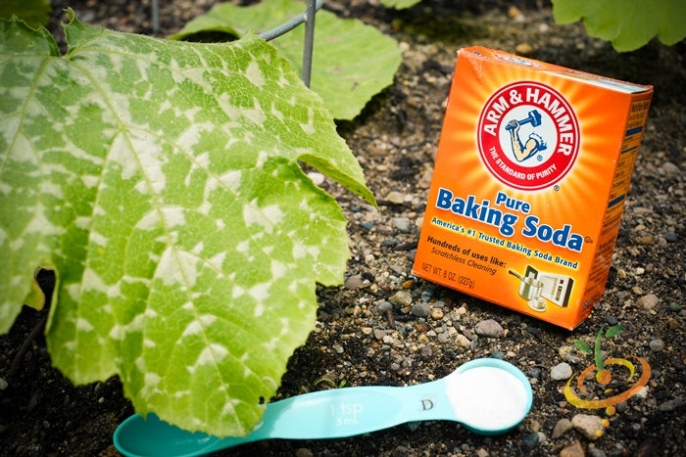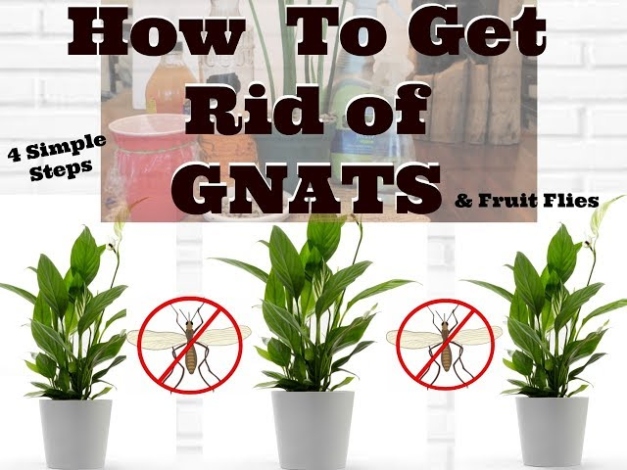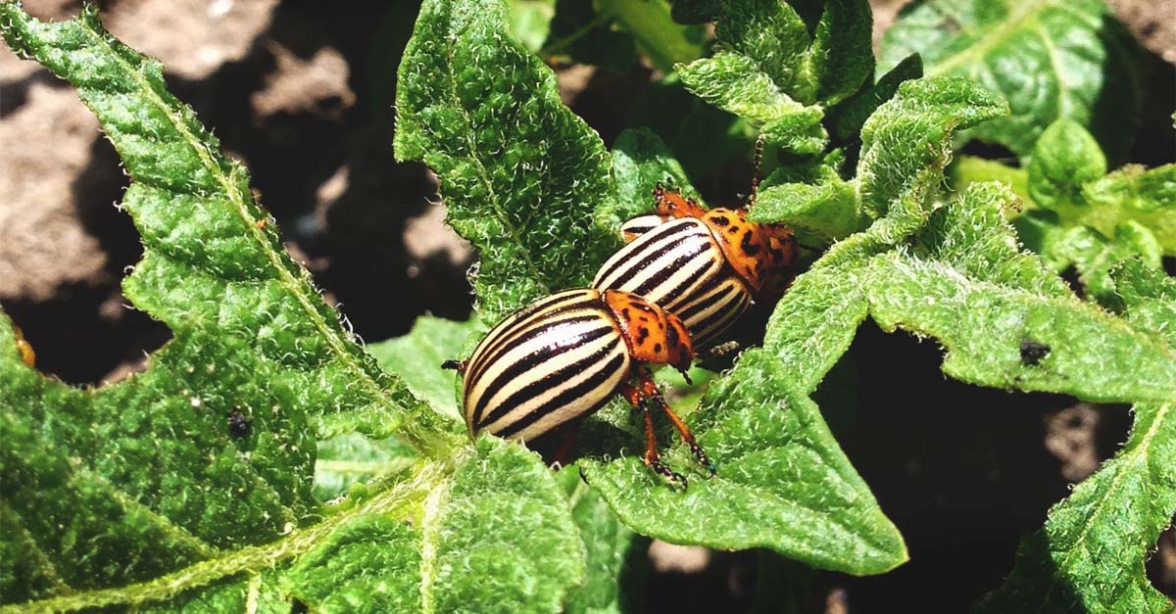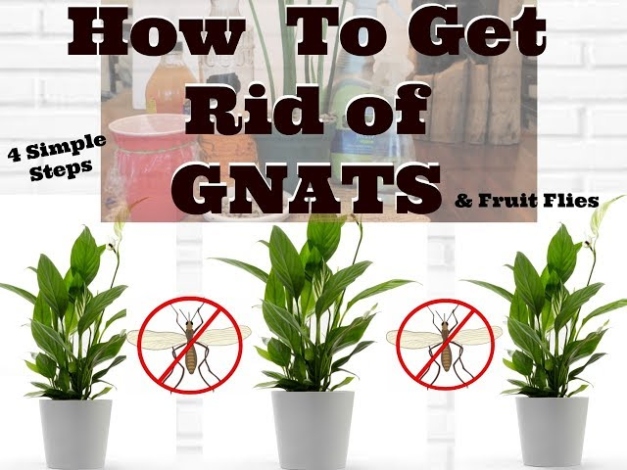How to Get Rid of Slugs Eating My Plants
What do you mean by slugs eating plants?
Slugs are slimy creatures that can wreak havoc on your garden by feeding on your plants. They are nocturnal creatures that come out at night to feast on your precious foliage, leaving behind a trail of destruction in their wake. If you’ve noticed holes in your leaves or missing plants, chances are you have a slug problem.
How do I know if slugs are eating my plants?
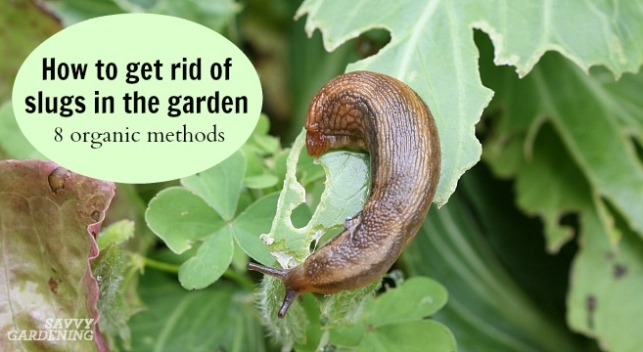
Image Source: i0.wp.com
There are a few telltale signs that slugs may be the culprit behind your plant damage. Look for slimy trails on the leaves or soil, holes in the leaves, or missing foliage altogether. You may also spot the slugs themselves if you go out into your garden at night with a flashlight.
What is known about slugs?
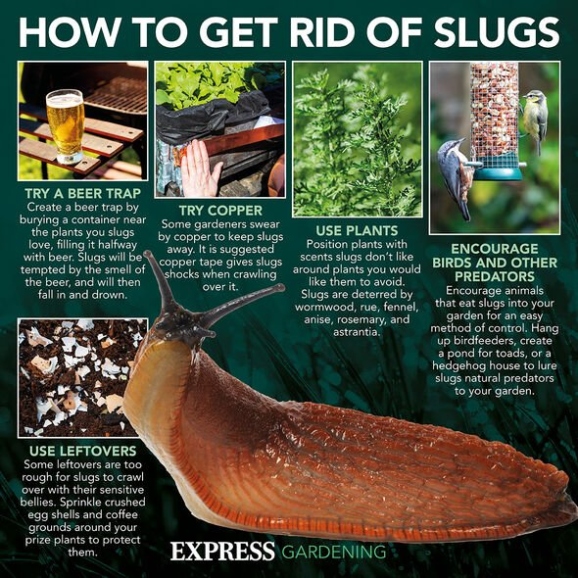
Image Source: express.co.uk
Slugs are mollusks that belong to the same family as snails. They thrive in damp, shady areas and can reproduce quickly, laying hundreds of eggs at a time. They are attracted to decaying plant matter and can be particularly destructive in gardens with a lot of lush foliage.
How can I get rid of slugs eating my plants?
There are several methods you can try to get rid of slugs in your garden. One option is to manually remove the slugs by hand and dispose of them in a bucket of soapy water. You can also create physical barriers around your plants, such as copper tape or diatomaceous earth, to keep the slugs at bay. Additionally, there are natural predators of slugs, such as ducks or chickens, that can help control their population.
What are some solutions to prevent slugs from eating my plants?
To prevent slugs from feasting on your plants in the first place, you can take steps to make your garden less inviting to them. Avoid overwatering your plants, as slugs are attracted to damp conditions. You can also plant slug-resistant varieties of plants, such as lavender or rosemary, to deter them from munching on your foliage.
Information on natural remedies for getting rid of slugs
There are several natural remedies you can try to get rid of slugs in your garden. One popular method is to sprinkle coffee grounds around your plants, as slugs are repelled by the caffeine. You can also create a barrier of crushed eggshells or citrus peels around your plants to keep the slugs away. Beer traps are another effective way to lure and drown the slugs, as they are attracted to the scent of the beer.
How to protect your plants from slugs
To protect your plants from slugs, it’s important to regularly inspect your garden for signs of slug activity and take action as soon as you notice a problem. Keep your garden clean and free of debris, as slugs are attracted to decaying plant matter. You can also encourage natural predators of slugs, such as birds or toads, to make a Home in your garden.
Conclusion
Dealing with slugs eating your plants can be a frustrating experience, but with a little patience and persistence, you can effectively manage their population and protect your garden. By implementing a combination of manual removal, physical barriers, natural predators, and natural remedies, you can keep your plants safe from these pesky pests.
FAQs
1. What plants are most susceptible to slug damage?
Some plants that are particularly vulnerable to slug damage include hostas, lettuce, and strawberries.
2. Are there any chemical pesticides that can effectively eliminate slugs?
While there are chemical pesticides available for killing slugs, they can be harmful to the environment and other beneficial insects in your garden. It’s best to opt for natural remedies whenever possible.
3. How often should I check my garden for signs of slug activity?
It’s a good idea to check your garden for signs of slug activity at least once a week, especially after a rain shower when slugs are more active.
4. Are there any plants that slugs avoid eating?
Some plants that slugs tend to avoid include ferns, ornamental grasses, and herbs like sage and thyme.
5. Can I use salt to get rid of slugs in my garden?
While salt can be effective at killing slugs, it can also harm your plants and soil. It’s best to avoid using salt as a method of slug control.
6. Will introducing natural predators like ducks or chickens harm my garden?
While ducks or chickens can help control the slug population in your garden, they may also eat other beneficial insects or plants. It’s important to weigh the pros and cons before introducing these predators.
7. How long does it take to get rid of slugs in my garden?
Getting rid of slugs in your garden can take some time and persistence, as they reproduce quickly and can be difficult to eradicate completely. With consistent efforts, you should start to see a reduction in slug activity within a few weeks.
how to get rid of slugs eating my plants







